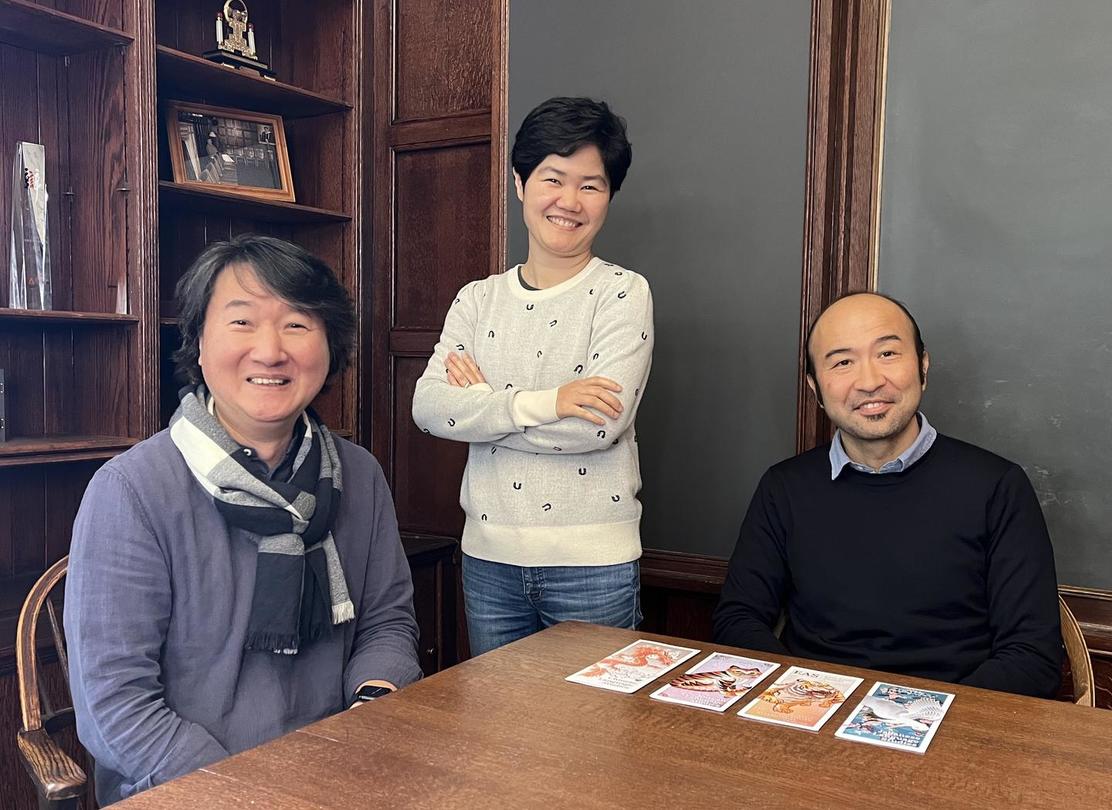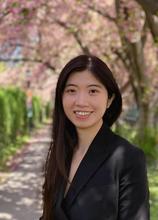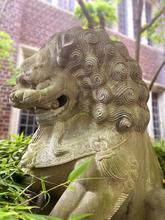The Not-So-Secret Success of the East Asian Studies Language Programs

Outstanding teachers are essential to any consistently successful language program. Princeton's Chinese, Japanese and Korean language teachers are the hidden gems behind the not-so-secret success of the Department of East Asian Studies (EAS).
Department of East Asian Studies Chair, Professor Anna M. Shields, puts a finer point on it: “There are so many ways to achieve linguistic competence (pedagogically)” but the “consistently excellent instruction and the genuine connection students feel to their language communities year after year is due to our outstanding language teachers.”

How does a department not only provide a rich cultural experience customized to meet the needs of each student but also create such an intimate community?
Students and language program directors provide what appear to be the same answer: innovation, collaboration, and dedication to students.
Angel Osaseri ’23, a senior concentrating in Sociology, who is earning a Korean Language and Culture certificate, confidently asserts that “out of all of the classes that I've taken at Princeton—including my own department—there has been no other department, no other classes that I've taken, where I felt so welcomed. The genuine appreciation and passion in the program are undeniable.” And her experience is not unique.
Seiyoung Jang ’25, a sophomore concentrating in History, posits that the “unique” aspect of his language program (Japanese) is “the pace paired with instructor support…[T]he professors are always there to help so it never feels overwhelming. The program has given me a lot more confidence as a learner because it feels like I am always improving.”
John Patrick ’24, a junior concentrating in the School of Public and International Affairs, currently working on Language and Culture Certificates in Chinese and French, offers this insight: “The [Chinese] instructors have found the perfect balance between high expectations and understanding the stresses of college life. While I always felt an expectation to come to class prepared, none of my instructors ever made me feel bad for not understanding something quite perfectly. They also come to class with kindness, energy, and humor.”

Jing Wang, Director of the Chinese Language Program, and senior lecturer in the department, who earned a doctorate in premodern Chinese Literature from the University of Wisconsin, firmly believes that across the department (not just in any one program) “our priority is on the individual academic potential of each student and their psychological well-being. Curriculum design, activities and new materials for teaching are about helping students meet their goals and realize their full potential by emphasizing these two ideas.”
“One way we help students understand that our approach is student-centered is by integrating student course assistants into language learning. We have one-to-one meetings we hold with students every other week to help them practice conversation skills, and students can choose to practice with these more experienced speakers of the language. Our course assistants understand students’ day-to-day lives and conversations can happen more organically.”
